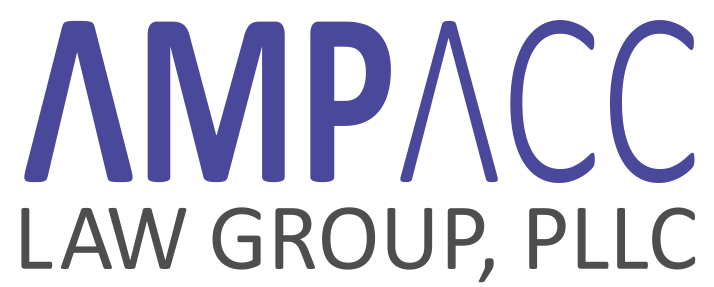The Federal Circuit will soon decide whether the patent exhaustion doctrine, which limits the extent U.S. patent owners can control patented articles after they are sold, is applicable when the sale occurs outside the U.S. Under current Federal Circuit precedent, the patent exhaustion doctrine is not applicable to such sales abroad. However, a recent Supreme Court decision involving the Copyright Act applies the exhaustion doctrine to sales occurring outside the U.S., and the Federal Circuit will reconsider its precedent on the basis of this Supreme Court case.
On April 14, 2015, the Federal Circuit issued a sua sponte order to hear Lexmark Int’l, Inc. v. Impression Prods., Inc, en banc. No. 2014-1617, 2014-1619 (Fed. Cir. 2015), available at http://www.cafc.uscourts.gov/images/stories/opinions-orders/14-1617enbanc.pdf. The Federal Circuit announced that it will reconsider whether patent exhaustion applies to foreign sales by deciding whether to overrule Jazz Photo Corp. v. Int’l Trade Comm’n, 264 F.3d 1094 (Fed. Cir. 2001), in light of the Supreme Court’s recent international copyright exhaustion case, Kirtsaeng v. John Wiley & Sons, Inc., 133 S.Ct. 1351 (2012).
The doctrine of patent exhaustion states that a patentee’s U.S. patent rights are “exhausted” after a patented article is sold. For example, after a sale, the patentee cannot then sue a purchaser for patent infringement or otherwise restrict the purchaser’s use of the patented article. In general, the doctrine shields downstream purchasers and resellers of patented articles and methods.
Jazz Photo currently controls the applicability of patent exhaustion to international sales. In Jazz Photo, the Federal Circuit limited the doctrine of patent exhaustion in the context of international sales. The case involved a U.S. patentee selling its patented products to consumers domestically and abroad. A competitor refurbished the products in China, and reimported the products into the U.S. for sale. The Federal Circuit held that the doctrine does not apply to products sold outside of the U.S., and therefore the patentee successfully prevented importation of the refurbished products.
The Lexmark case arose out of a conflict between printer cartridge manufacturer Lexmark and resellers of Lexmark’s printer cartridges. At trial, the reseller argued that Lexmark’s patent rights were exhausted by sales abroad. However the district court held that Jazz Photo controlled: Lexmark did not exhaust its patent rights on ink cartridges by selling them abroad.
On appeal, the reseller alleges that the Supreme Court’s decision in Kirtsaeng requires overturning Jazz Photo.
In Kirtsaeng, the Supreme Court held that the similar doctrine of copyright exhaustion applied to authorized sales abroad. A U.S. reseller acquired copies of copyrighted textbooks that were sold abroad by the copyright holder, and resold them in the U.S. for profit. The copyright holder sued the student for copyright infringement. The Supreme Court held that copyright exhaustion applied to the international editions of the copyrighted textbooks, and that the copyright holder was barred from suing the reseller for infringement.
Although Kirtsaeng applies to copyright exhaustion, the Federal Circuit’s will consider whether the reasoning behind Kirtsaeng also applies to patent exhaustion. If the Federal Circuit overrules Jazz Photo, third-party resellers will have more freedom to resell patented products after they have been sold abroad.
